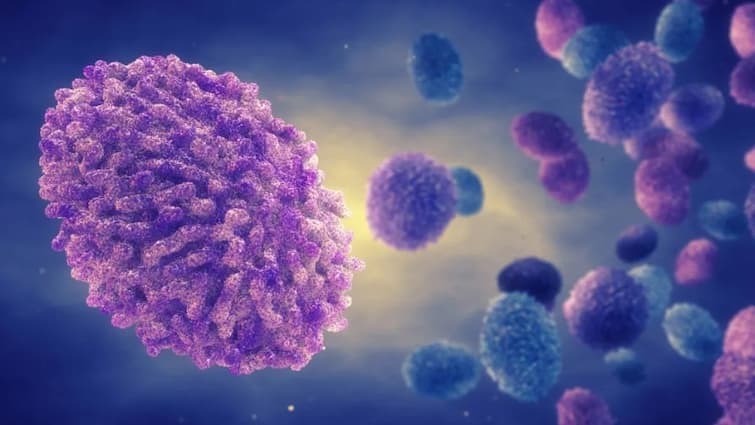
Mpox Virus: Corona After the virus, another dangerous disease is wreaking havoc in the world. The Ampox virus has become so dangerous that it has spread to 116 countries of the world. Due to this, WHO has declared a global health emergency. According to health experts, this is a virus that causes rashes on the body of the affected person. This virus spreads from animals.
Let us tell you that the ampox virus is called monkeypox virus. At present, no effect of this is visible in India. Monkeypox is a rare viral infection. It was discovered in monkeys during research in 1958. After this, the first case came to light in 1970. This disease is similar to smallpox. It is caused by a virus that is mostly found in African regions. Apart from this, its cases have been reported in many countries of the world. There is no cure for monkeypox. It usually gets cured on its own.
Symptoms of Monkeypox
When a person comes in contact with this virus, the symptoms appear after several days or a few weeks. Symptoms such as rash, fever, fatigue, headache, chills, muscle pain, swollen lymph nodes appear during monkeypox. Apart from this, rashes can also be seen in the form of red spots on the body. These turn into blisters which fill with pus. After a few days they form a scab and fall off.
How does the virus spread?
According to WHO, monkeypox can spread in many ways. Mostly it can spread from one person to another. The virus can mostly spread through contact with infected skin or fluids coming from the mouth or genitals. Apart from this, it can spread through face-to-face talking or breathing, skin-to-skin contact and respiratory droplets. People infected with monkeypox virus usually recover within 2-4 weeks.
What to do for safety
If a person is exposed to the ampox virus, he or she should not leave the house. Hands should be cleaned with soap or hand sanitizer before and after eating. Wear a mask until the rash clears. Gargle with salt water to relieve mouth sores. For body sores, take a sitz bath or warm shower with baking soda or Epsom salts.
 look news india
look news india